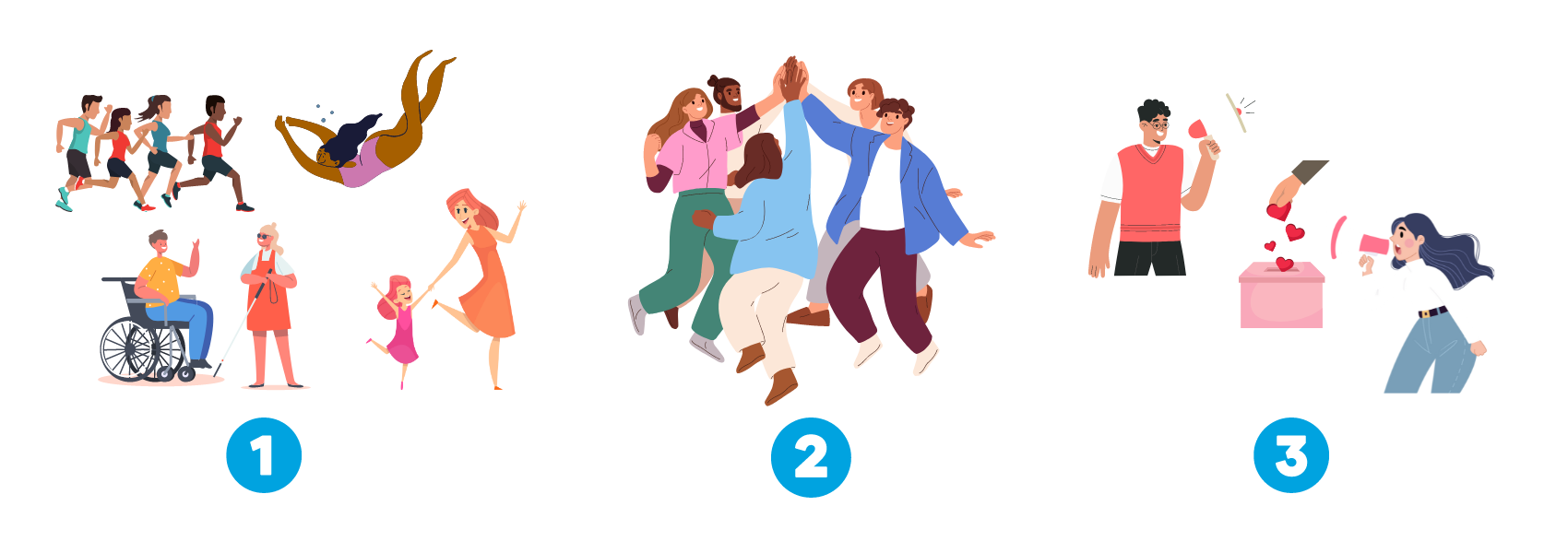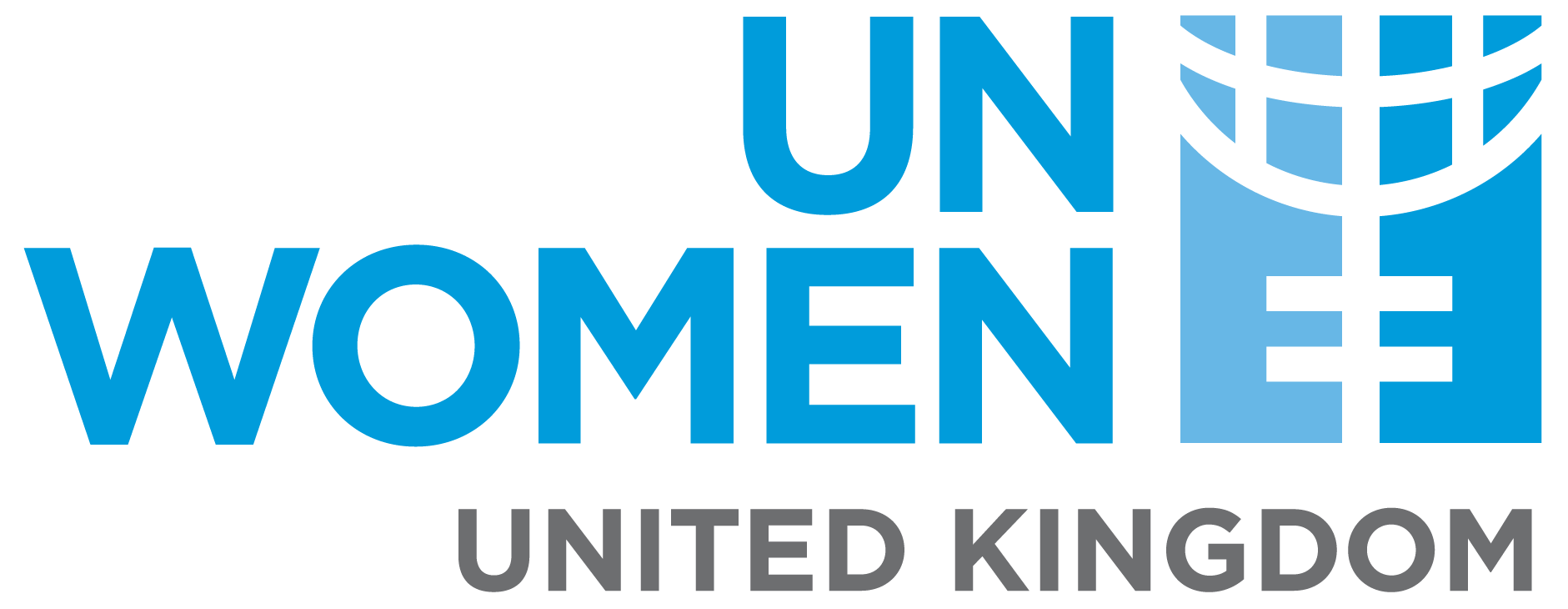Why you should join us
The climate crisis is not “gender neutral”.
When disaster strikes, women and girls are hit hardest. They experience the most severe effects of climate change, amplifying pre-existing gender inequalities and threatening their livelihoods, health and safety.
Empowering women and girls to have a voice and a role in decision-making on climate change-related issues is essential for sustainable development and gender equality, creating a better society for all.
As early adopters of many new agricultural techniques, first responders in crises, entrepreneurs of green energy and decision-makers at home, women offer invaluable insights and solutions into better managing the climate and its risks.
You can read our press release here.
It's as easy as 1,2,3...
Together we’ll…
🚶 walk to Spain
🏊 swim to Brazil
♿️ wheel to Palestine
🚴 cycle to Uganda
(…all from your hometown!)
When we join all our distances up together, we’ll have travelled the whole way around the earth.
Here’s how you can do it.

- Choose your mode of sustainable travel. You can walk, swim, wheel, run, dance. It’s up to you!
- Set up your team on Just Giving. This can be with work colleagues, friends or with family. You can sign up on your own too or why not join the UN Women UK Community Team!
- Start raising awareness and funds. We’ve got all the tools to support you!
The goal: raise funds and awareness of the impact of climate change on women and girls, shine a light on their actions and innovations, and amplify their voices for climate justice.

THROUGH HER EYES: RAWAN
Rawan is a Palestinian woman who founded “Blue Stone”, an environmentally conscious business turning recycled glass into eco-friendly stones.
Through a UN Women programme, she’s leading trainings to break stereotypes and inspire women to become sustainable leaders.
Last year, Rawan joined us at COP27, the 2022 UN Climate Change Conference.

THROUGH HER EYES: Geovânia
Brazilian professor and researcher Geovânia belongs to the Quilombola women.
She’s inherited a legacy in which women are pushing to defend traditional territories, preserve ecosystems, and protect their access to babassu trees and a sustainable future.
Today, Geovânia is working to drive change at the policy level, with the help of UN Women.
More Facts
UN Women works on the ground to empower women in the fight for climate justice. You can read more about our work below, but for now, let’s take a moment to understand how you can make an impact by taking part in the climate justice challenge.
BY RAISING AWARENESS – it is often the case that the voices of those who are the most marginalised are also the voices we hear least. This is true of women and girls at the frontlines of climate change.
By taking part in this challenge and raising awareness of the unique impact climate disaster has on women and girls, you are doing this.
BY RAISING FUNDS – Unfortunately, current climate finance rarely reaches women and their organizations, and only a tiny proportion of funding focuses on their needs, rights and solutions. In fact, Financing female-led initiatives benefits both society and the environment, and yet only 7% of total private equity and venture funding in emerging markets is targeted towards female-led businesses and, similarly, just 3% of philanthropic environmental funding supports girls’ and women’s environmental activism.
Did you know?
As climate change drives conflict across the world, women and girls face increased vulnerabilities to all forms of gender-based violence.
When disasters strike, women are less likely to survive and more likely to be injured due to limited access to information, mobility, decision-making, as well as resources and training.
Women’s and girls’ health is endangered by climate change and disasters by limiting access to services and health care, as well as increasing risks related to maternal and child health.
Extreme heat increases incidence of stillbirth. Climate change also increases the spread of vector-borne illnesses such as malaria, dengue fever, and Zika virus, which are linked to life threatening maternal and neonatal outcomes.
UN Women’s programmes are uniquely designed with the women impacted to put power into the hands of women and girls by investing in skills, resources and tools for women at the frontlines of climate change.




